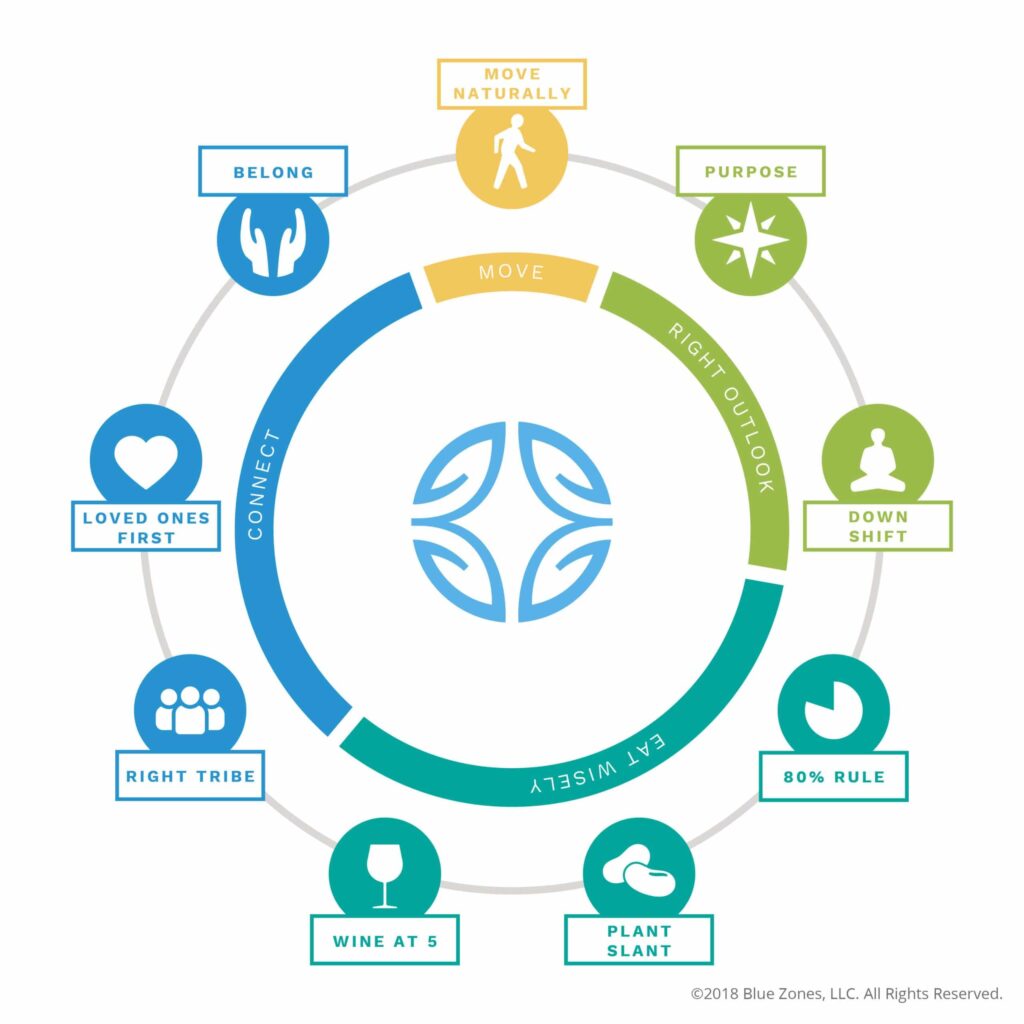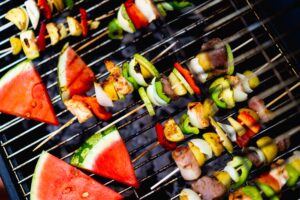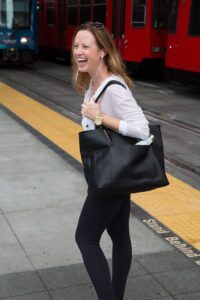
If I were to ask you what are the keys to a long, healthy and happy life, most likely you would come up with: eat healthy, exercise, good genes, etc. While these are great starting points, when Dan Buettner studied the lives of the longest lived people throughout the world, he found that there were much bigger take-aways that are especially poignant in today’s COVID climate.
He found that there 5 pockets of communities throughout the world where people not only live the longest but have exceptional quality of life. Meaning they don’t just make it to their 100th birthday, they ride their bike past it on their way to their friends house to share a glass of wine and go for a walk. He termed these communities the Blue Zones.
The Blue Zones include: Ikaria, Greece; Okinawa, Japan; Sardinia, Italy; Loma Linda, CA and Costa Rica’s Nicoya Peninsula. The first thing to note is that these communities are all throughout the world in different climates and regions. So there is no genetic similarities between the communities. There is also no specific superfood that is only found in those areas (although there are some dietary themes). This means that the key to their longevity is found in their behaviors.
The excellent news is a lot of these behaviors are things that we are uniquely able to adapt during this time of quarantine.
Movement
None of these communities has specific exercise but they all had nudges towards movement built into their natural days. Things like walking, gardening, taking stairs, etc. Also, more subtle movements such as sitting on the floor (meaning they had to get up and down 30-40 times per day) and hiking in nature with uneven surfaces (meaning small muscles were constantly engaged to promote balance).
What to do with this information
Get out walking. Most of these communities walk about 5 miles per day. For us that is about 10K steps or 2 hours spread throughout the day. If this seems like a lot or is not realistic in your situation, try something more playful. Ryan Heffinton (@ryan.heffington) and Dance Church (@dance_church) have daily Instagram dance classes that are a ton of fun.
Balance. Stand on one foot. Sit on the floor. Take the stairs. Do small inconvenient movements to keep those stability muscles strong and keep your brain working.
Outlook
These communities are able to articulate their sense of purpose. In Okanawa it is called Ikigai and in Nicoya it is called Plan de vida – both mean “why I wake up in the morning.” The reasons vary and are often very simple – such as spending time with friends each day, tending to their garden, teaching their grandchildren, providing Sunday dinner for their family – but they are able to articulate it and remind themselves of it daily.
The Blue Zones also experience stress but they have ways to manage it. Most of these communities are faith based so they have a “let go, let God” philosophy. They have stress management built into their days such as nature walks, laughing with friends, tai chi. Stress left unchecked leads to most of our chronic health problems including weight gain and anxiety.
What to do with this information
Begin to build small stress management practices in your day. These can be quite simple such as 5 minutes of focused breathing, picking one thing to be grateful for, a small act of kindness for a neighbor, coloring with you kids, a nap, etc. Start small and build from there.
Eating
You thought I would never get to the food! The diets of each community are very different but mostly plant based. That is not to say they don’t eat meat but vegetables and whole grains were the foundation of all of their diets. Protein was present at every meal but more often in the form of beans and lentils. This ensures that your meals are high in anti-oxidents as well as pre- and pro-biotics, which promote gut health.
They also focused on their portions and ate until satisfied rather than full. In Okanawa they have a mantra “Hara hachi bu” that they say before meals to remind themselves to stop eating when they are 80% full.
What to do with this information
Load up on vegetables. In our culture, the vegetables tend to be the side or afterthought. Make sure your plate is mostly vegetables and whole grains with a good source of protein at each meal and snack. If you are not a big vegetable fan, try roasting or grilling as that will caramelize the vegetables and make them sweeter.
Serve yourself about ¾ of what you want. Give you body 20 minutes to digest and then go back for seconds if you still need them.
Connection
Connection is the foundation of the Blue zones health and longevity. Each community proactively surrounds themselves with the right people daily. Grandparents and great grandparents stay active in the family life and time with friends is woven into each day. Quite simply, they belong.
As we learned in This Increases Your Chance of Weight Gain by 57%, the people we choose to surround ourselves with have the greatest impact on our health. They can make healthy habits like movement and eating effortless. They also provide a profound stress relief through something as simple as laughter as well as being an extension of your support system. Simply knowing that someone will always be there for you. This is so powerful that Buettner says “your friends are probably the most significant thing you can do to add more years to your life and life to your years.”
What to do with this information
I think that being quarantined has increased our connection as well as our appreciation for loved ones in some surprising ways. More of an effort is being made to zoom with friends or meet up (from 6 ft. away) on family walks. As recent as a few weeks ago, a call with a friend seemed impossible, now we are finding ways to virtually connect around the world (Hi Claire!).
Perhaps more importantly, we are realizing the significance of these connections that were previously taken for granted. As life moves back into normal, make sure to protect and prioritize connection. It might be the most powerful thing you can do for both your health and happiness. (But still eat your vegetables)
You may have also noticed that a lot of these things revolve around getting back to basics. Simple cooking, simple movement, simple breathing and genuine connection. That is not to say it’s easy. Some of us are cooking for the first time or under incredible stress or realizing that we haven’t prioritized people. Still they are all things that are intrinsic to us as humans so it is simply getting back to what we know.
And if belonging is where you are struggling, please reach out to me – I would absolutely love to hear how you are doing.
For more about the Blue Zones watch Dan Buettner’s Ted Talk: How to Live to be 100+

